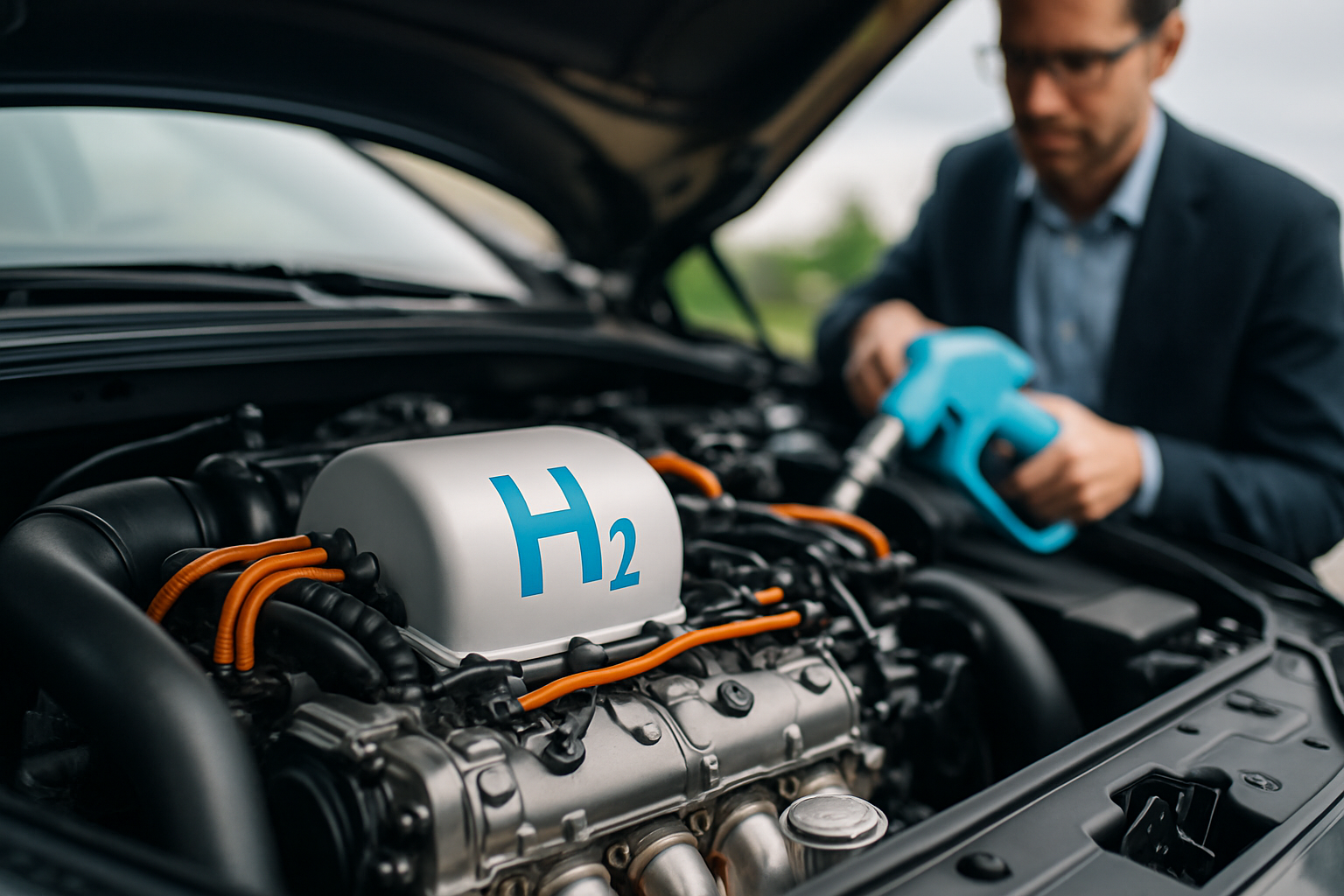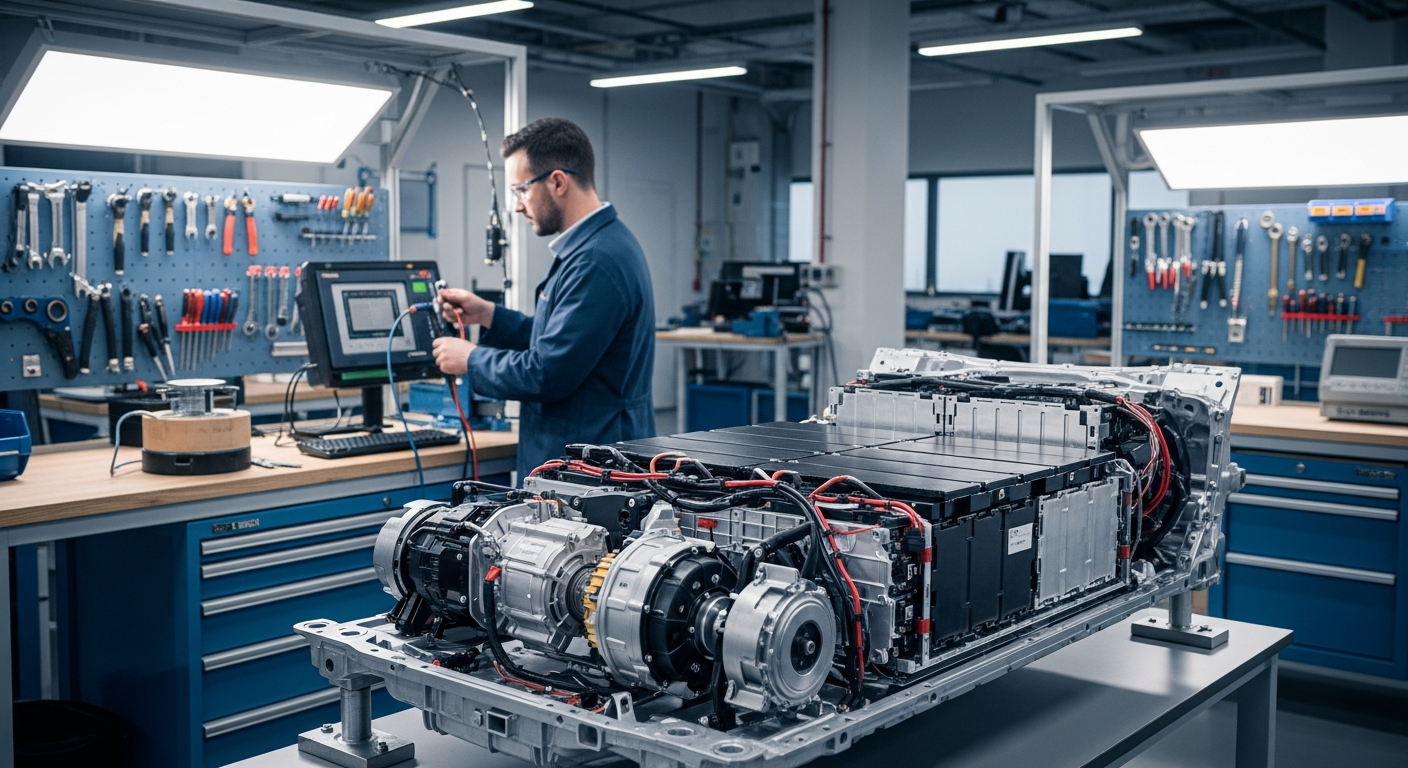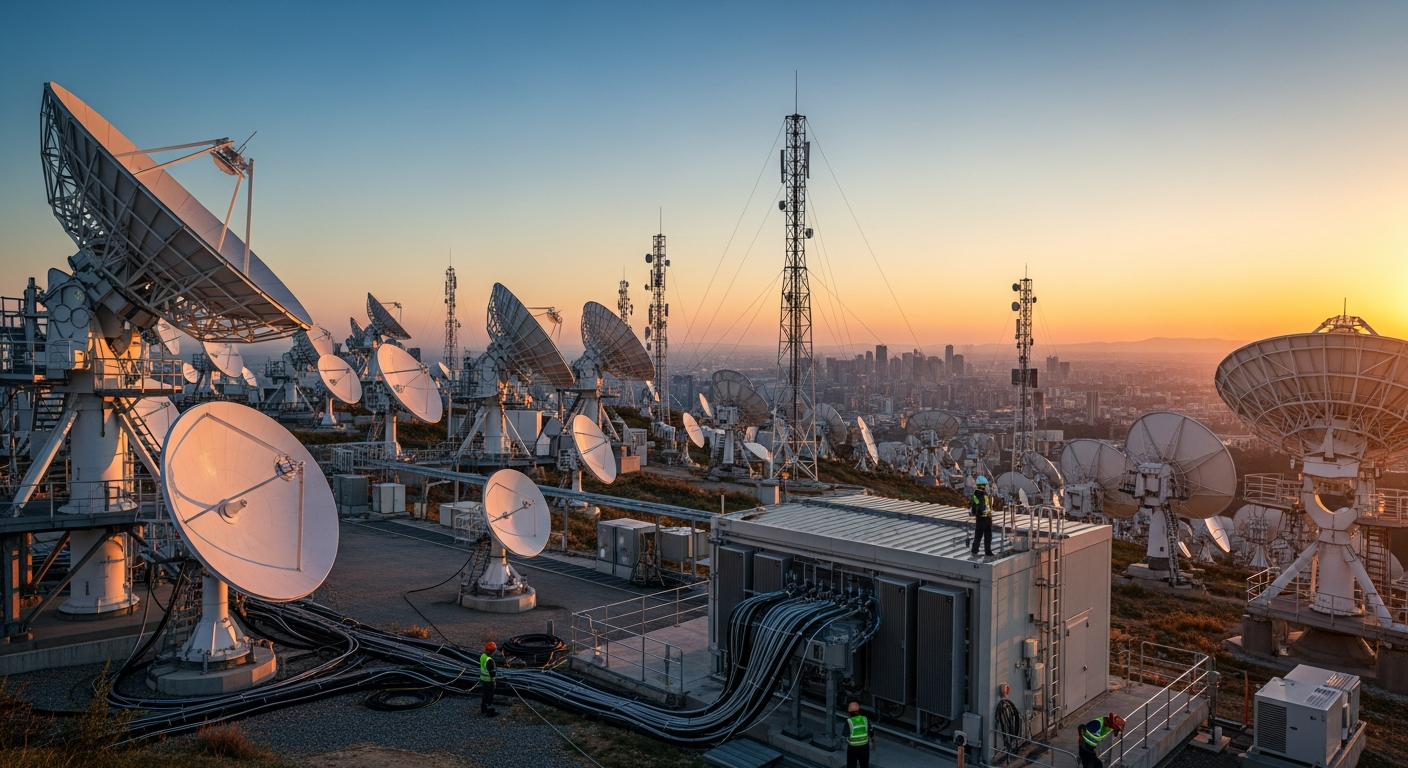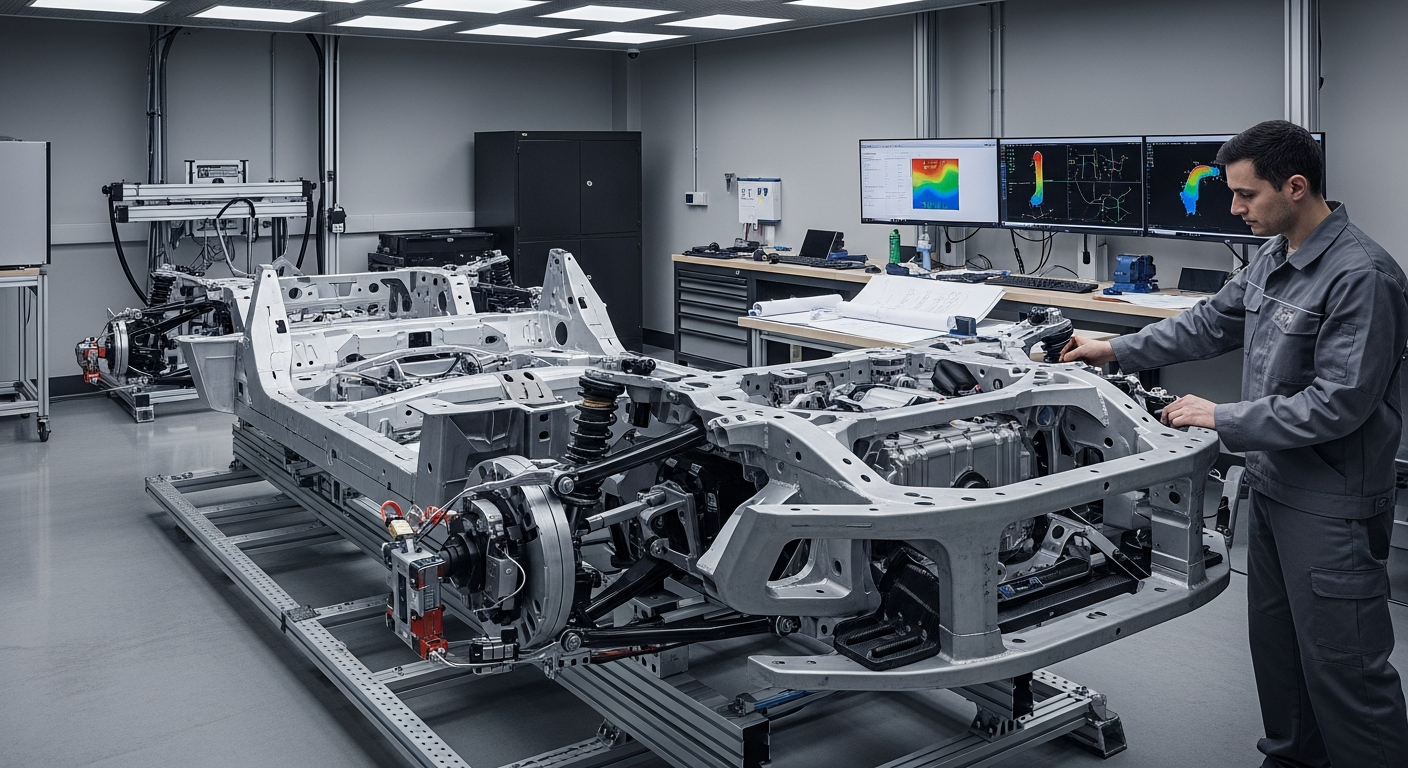Hydrogen-Powered Combustion Engines: A New Frontier
In the quest for sustainable transportation, hydrogen-powered combustion engines are emerging as a promising alternative to conventional fossil fuel powertrains. This innovative technology combines the familiarity of internal combustion engines with the clean-burning properties of hydrogen, offering a potential solution to reduce carbon emissions while leveraging existing automotive infrastructure. As automakers and researchers explore this frontier, the automotive landscape stands on the cusp of a significant shift in powertrain technology.

Historical Context and Development
The concept of hydrogen-powered engines is not new, dating back to the early 19th century. However, it wasn’t until the late 20th century that serious research and development began. In the 1970s, during the oil crisis, automakers started exploring hydrogen as an alternative fuel source. BMW was one of the pioneers, developing prototype hydrogen combustion engines in the 1980s. Despite early promise, progress was slow due to technical challenges and the lack of hydrogen infrastructure.
Technical Innovations and Challenges
Adapting internal combustion engines to run on hydrogen requires significant modifications. Engineers must redesign fuel injection systems, combustion chambers, and ignition systems to accommodate hydrogen’s unique properties. One major challenge is hydrogen’s low energy density by volume, which necessitates larger fuel tanks or advanced storage solutions. Additionally, hydrogen’s high flame speed and wide flammability range require precise control systems to prevent pre-ignition and backfiring.
Efficiency and Performance Advancements
Recent advancements in engine design and control systems have significantly improved the efficiency and performance of hydrogen combustion engines. Direct injection technology allows for precise fuel delivery, optimizing combustion and reducing emissions. Turbocharging and variable compression ratio systems further enhance power output and efficiency. These innovations have brought hydrogen engines closer to parity with conventional gasoline engines in terms of performance while maintaining their environmental benefits.
Infrastructure and Production Considerations
The widespread adoption of hydrogen combustion engines faces similar infrastructure challenges as other hydrogen-powered vehicles. Developing a network of hydrogen fueling stations is crucial for the technology’s success. However, hydrogen combustion engines have an advantage over fuel cells in that they can potentially use existing engine manufacturing facilities and supply chains, reducing the overall cost of implementation. The production of hydrogen itself remains a key consideration, with efforts focused on developing green hydrogen production methods using renewable energy sources.
Environmental Impact and Sustainability
While hydrogen combustion engines produce virtually no carbon emissions during operation, the overall environmental impact depends on the hydrogen production method. Green hydrogen, produced through electrolysis powered by renewable energy, offers the most sustainable option. However, current hydrogen production primarily relies on natural gas reforming, which still generates carbon emissions. As green hydrogen production scales up, the environmental benefits of hydrogen combustion engines will become more pronounced, potentially offering a viable pathway to decarbonize transportation.
Comparative Analysis with Other Technologies
Hydrogen combustion engines present unique advantages and challenges compared to other alternative powertrains. Unlike battery electric vehicles, they offer quick refueling times and potentially longer range. Compared to hydrogen fuel cells, combustion engines are less expensive to produce and can leverage existing manufacturing expertise. However, they are generally less efficient than fuel cells in converting hydrogen to usable energy. The technology also faces competition from synthetic fuels, which aim to provide a carbon-neutral option for conventional engines.
Future Prospects and Industry Adoption
Several major automakers are investing in hydrogen combustion engine technology, seeing it as a complementary solution to battery electric and fuel cell vehicles. Toyota, in particular, has been at the forefront, developing hydrogen-powered race cars and concept vehicles. The technology shows promise for heavy-duty applications, where battery weight and charging times pose significant challenges. As research progresses and infrastructure develops, hydrogen combustion engines could play a crucial role in diversifying the automotive industry’s approach to sustainable transportation.
In conclusion, hydrogen-powered combustion engines represent an intriguing frontier in automotive technology. By combining the familiarity of internal combustion with the clean-burning properties of hydrogen, this innovation offers a potential bridge between traditional powertrains and future zero-emission vehicles. While challenges remain, ongoing research and development efforts are steadily improving the technology’s viability. As the automotive industry continues to evolve, hydrogen combustion engines may emerge as a key player in the transition to sustainable mobility, offering a unique solution that balances environmental concerns with performance and practicality.






